A great way to see Wild Florida is from the back of a horse, and moderate temperatures make this a great time of year to do so. Plus, riding can be a solo, peaceful journey or a perfect way for a group to socially distance.
Today on the “Wild Florida” segment of First Coast Connect, we talked about three different views of outdoor Florida; an upland forest, a maritime forest and the beach/ocean.
Diamond D Ranch is a multi-generation working horse and cattle ranch located in western Duval County, near the Clay County line. They offer trail rides, wagon rides, school field trips, summer camps and a petting zoo. The one-hour ride tours the 500 acre ranch. The two and three hour rides go deep into the hardwood forest of Jennings State Forest, a 24,000 acre parcel in Clay County. It has 15 different natural biological communities.
Diamond D offers quiet, walking rides beneath old live oaks, long leaf pines, and native magnolias. This time of year, watch for wintering migratory birds, as Florida’s east coast is on the Atlantic Flyway, the highway that birds use to migrate between the northern and southern hemispheres.
The forest is on the Great Florida Birding Trail. Citizens can record their bird sightings as part of the trail’s website, here. To date, 121 species have been recorded.
Kelly Seahorse Ranch is located within Amelia Island State Park, a 240 acre state park on the southern tip of Amelia Island. Jim and Kelly Kelly have operated the ranch since the 1990s. Both the Ritz Carlton and Omni hotels refer their guests to the ranch.
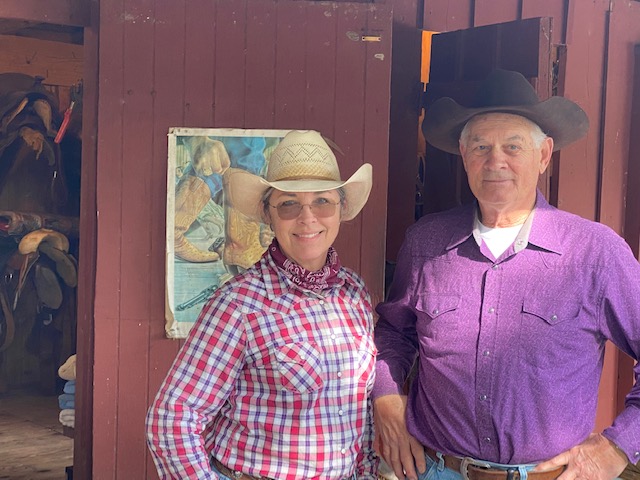
The park is home to virgin maritime forest, meaning other than the horse stables, the land has never been developed. Maritime forests are evergreen hardwood forests with live oak, cabbage palm, red bay, native magnolia and pignut hickory. Kelly Kelly says the property also has slash pine, cedars and swamp oaks, most of them very old. In fact, they worked closely with the park service to plan the location of the stables and the trails in order to work around the oldest trees.
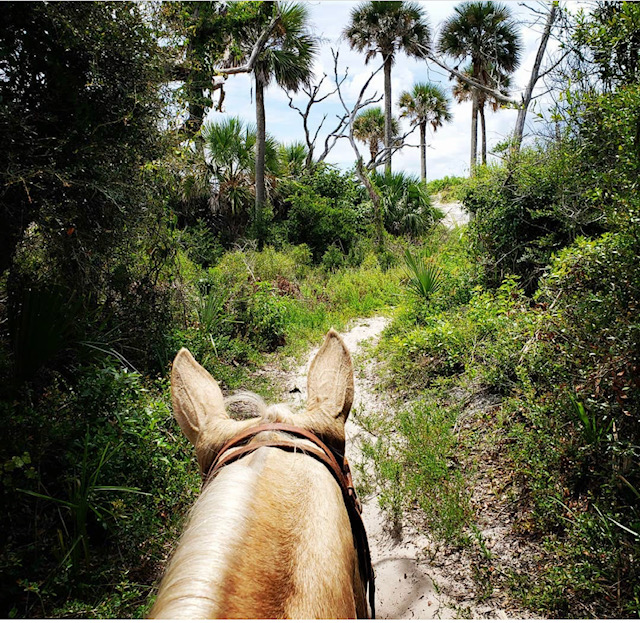
The trail ride at Seahorse Ranch begins deep within an ancient maritime hammock, finds its way to the dunes, up and over to the white sands of Amelia Island. (Photo courtesy of Kelly Kelly.)
Kelly said they often see gopher tortoises, turtles and coyote and deer tracks. Because their rides are scheduled during the day, they haven’t seen coyote and deer themselves, because they tend to be active at dawn and dusk. She also said they work closely with the state park to be aware of nesting shorebirds and migratory species, and alter their route as needed.
Kelly Seahorse Ranch is open Tuesday – Sunday year around and offers rides at 10 a.m., noon, 2 and 4 p.m. Call 904.491.5166 to book.
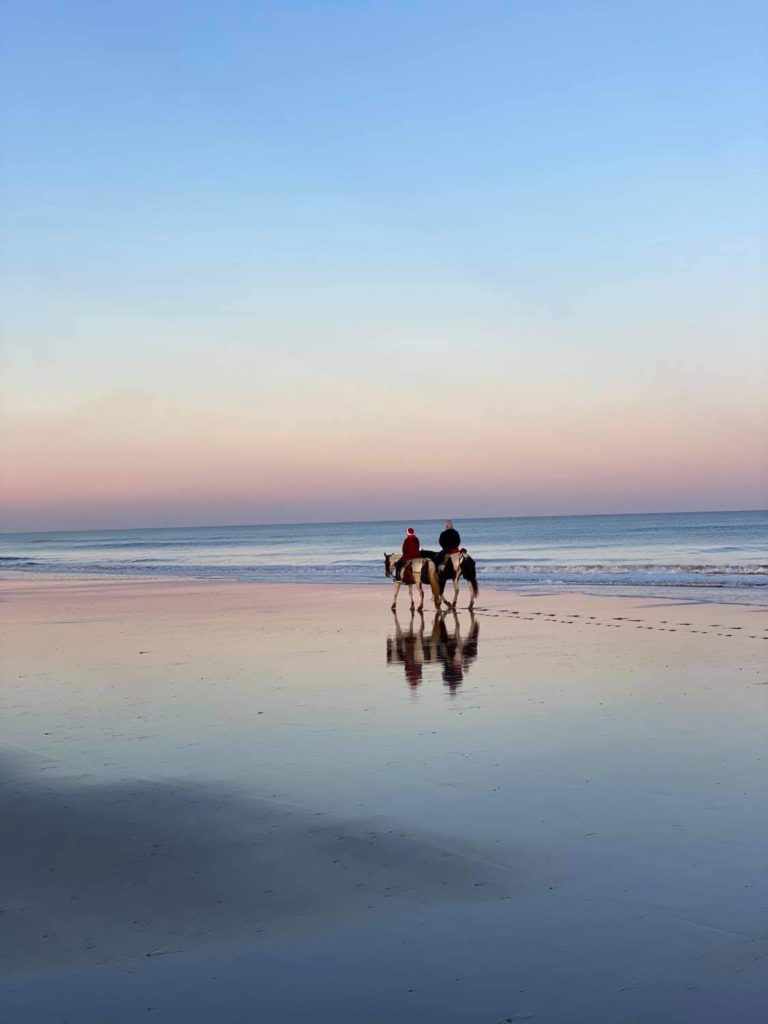
Amelia Island Horseback Riding also offers beach rides. Owner Robin Allen trailers her horses to Peters Point Beach Front Park in Fernandina Beach where she meets riders and takes them out onto the beach. They offer sunrise and sunset rides in addition to daytime rides. Experienced riders have the option to trot and canter on the beach.
Allen bought out the previous owner of Amelia Island Horseback Riding on January 1, 2021, after managing the business for four years. The website is still being updated, but the “Bookings” link works and goes to the current schedule with openings.
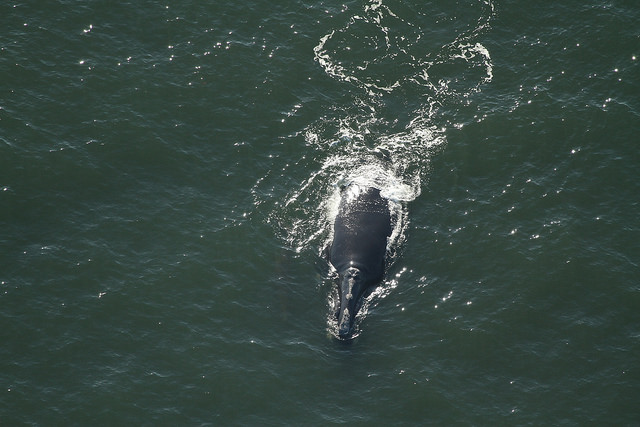
If you’re riding on the beach, keep your eyes peeled to the Atlantic Ocean, where you might spot a North Atlantic Right Whale.
Right Whales winter off the warm coastal waters of south Georgia and north Florida from December to April. They swim slowly and close to shore, making them easy to spot from land. The whales are critically endangered due to over-hunting in the early twentieth century, and ship strikes or fishing entanglements in recent decades. If you spot a whale, call in its location to the Marine Resources Council Hotline at 888.97.whale so they can alert ships and boats in the area.
Thank you to listeners and readers for all the emails; it’s been great to connect with you. Enjoy Florida’s beautiful outdoors, and we’ll see you in February for the next edition of “Wild Florida.”
To listen to this segment on WCJT 89.9 FM’s First Coast Connect, click here. It’s 40 minutes into the broadcast.
Lisa Grubba is an environmental journalist and Florida Master Naturalist. She’s a contributor to WJCT News.
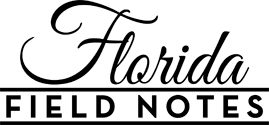

Leave a Reply